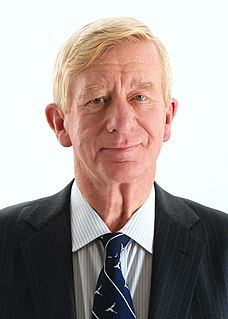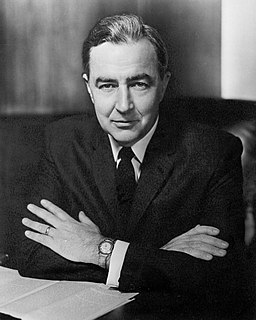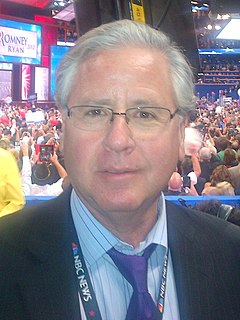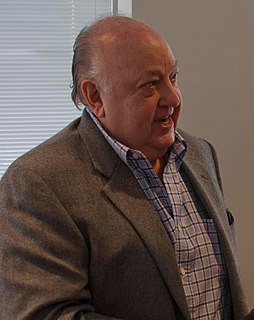A Quote by William Weld
There's no Walter Cronkite to give you the final word each evening.
Related Quotes
That is like in my parents' generation, Walter Cronkite. If you were gonna go into broadcasting, if you weren't gonna be Walter Cronkite, you may as well not go into it. Even after I'd try and tell my parents that he was the epitome of left-wing bias. Well, my dad knew it. My grandfather wouldn't believe it.
For years, we just accepted the premise that the reporters from that J-school mentality of neutrality and objectivity were just laying out the facts. We just assumed that Walter Cronkite was unbiased. In hindsight, it is clear that Walter Cronkite was biased, and that he used feigned objectivity as the cudgel to change the American narrative from being a right of center one to being a left of center one.
Eleanor Roosevelt fights for an anti-lynch law with the NAACP, with Walter White and Mary McLeod Bethune. And she begs FDR to say one word, say one word to prevent a filibuster or to end a filibuster. From '34 to '35 to '36 to '37 to '38, it comes up again and again, and FDR doesn't say one word. And the correspondence between them that we have, I mean, she says, "I cannot believe you're not going to say one word." And she writes to Walter White, "I've asked FDR to say one word. Perhaps he will." But he doesn't. And these become very bitter disagreements.

































